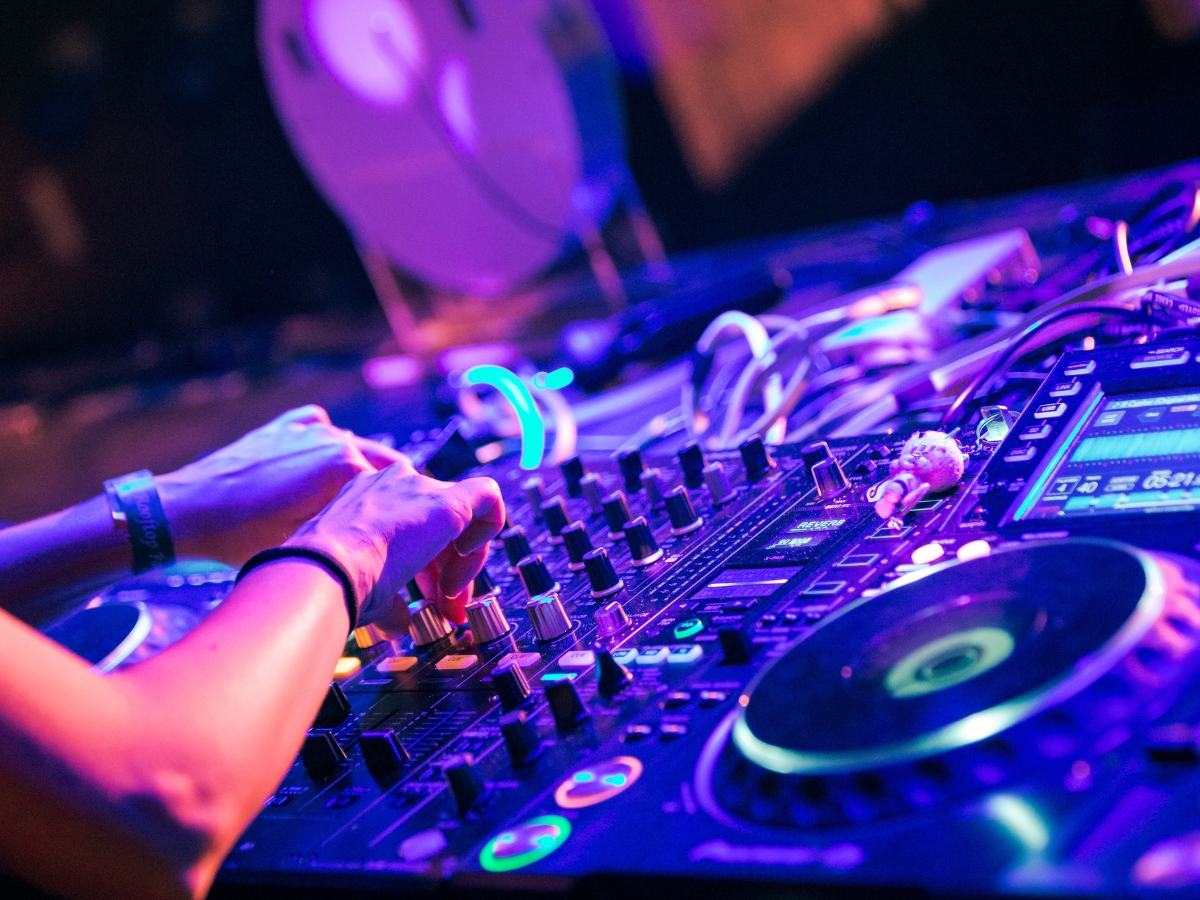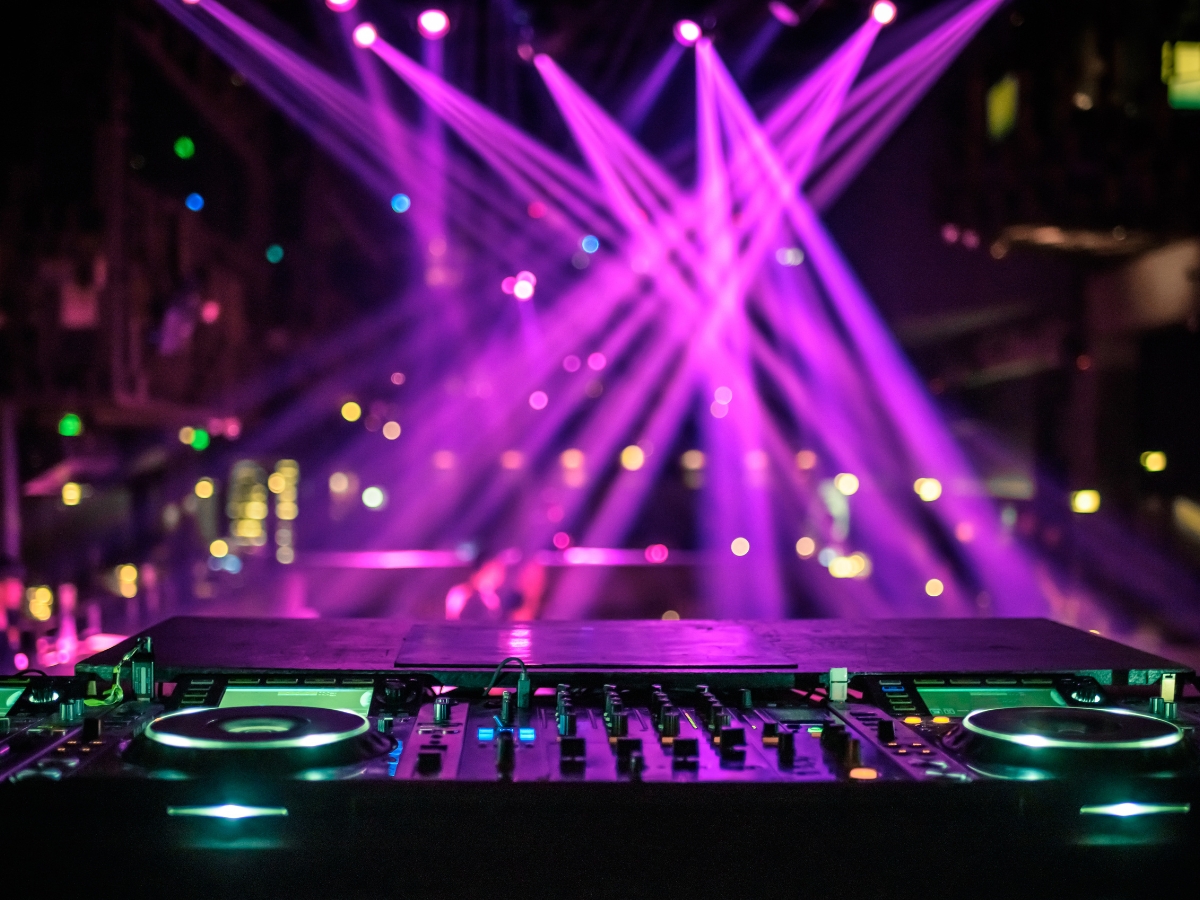AI stepping into the spotlight?
It turns out that Londoners aren’t exactly sold on the idea of AI stepping into the spotlight. In fact, a recent survey found that over 80% of them are worried about what artificial intelligence could mean for the future of live music. While there’s plenty of excitement around what AI can do, there’s also a strong sense that it might be crossing a line—especially when it comes to the raw, real energy of a live performance.
Why the Crowd Isn’t Cheering for AI
When you think about the soul of live music—the off-key vocals, the roaring crowd, the emotion pouring off stage—it’s easy to understand why Londoners are skeptical. The idea that a machine could replicate that magic doesn’t sit well. For most fans, especially those who frequent smaller venues, the charm of live music lies in its imperfections. And that’s exactly what AI can’t reproduce.
These concerns aren’t just cultural—they’re making waves in business news headlines too. As industries increasingly lean into automation, music fans are pushing back, asking whether everything needs to be optimized.
Musicians Are Raising Their Voices
Artists aren’t staying quiet either. Florence-based band Violet Blend, for example, has made it clear they’re not interested in being replaced. Their lead singer, Giada Celeste Chelli didn’t mince words—she believes AI threatens to strip live music of its humanity. When audiences come to a show, they want energy, unpredictability, and connection—things an algorithm can’t quite deliver.
It’s part of a much broader concern bubbling up across professions. From musicians to designers to coders, people are questioning how far automation should go—and what might be lost along the way.

AI shake up cryptocurrency & finance?
Independent Venues Feel the Heat
For smaller music venues, the threat feels even more real. These places run on tight budgets and loyal audiences. If AI-generated shows offer a cheaper, faster alternative, the fear is that real performers might get sidelined. For venue owners trying to survive in a shaky economy already shaped by recession fears in 2025, this kind of disruption could be the final straw.
This story isn’t just about music—it echoes the same pressures facing small businesses across industries. When technology moves fast, those without deep pockets or corporate backing are often the first to struggle.
AI’s Expanding Role in Entertainment
We’ve already seen AI shake up cryptocurrency, finance, and retail—but now, it’s coming for the arts. Businesses love to talk about efficiency and innovation, but there’s a growing unease about what’s being sacrificed in the process. The music industry isn’t immune to these forces. And as with the broader economy, companies are being forced to rethink what—and who—matters.
Live entertainment used to be a refuge from screens and automation. If AI starts taking over stages, that line may blur more than anyone expected.
Efficiency vs. Emotion
Here’s the heart of the debate: Should we prioritize flawless, cheap, scalable shows—or protect the emotional chaos that makes live music what it is? Algorithms might hit the right notes, but they don’t know how to feel. They don’t miss cues, get stage fright, or bring a room to tears.
In an era when business ethics and the impact of technology on society are top of mind, it’s worth asking what progress should actually look like. If everything becomes polished, do we lose the point?
People Are Starting to Push Back
More fans and musicians are speaking up—not to slam AI outright, but to demand transparency. Who’s behind the music? What’s real and what’s synthetic? These questions are fueling a wider movement not just in music but in workplaces everywhere. As job market trends shift and the future of work becomes more automated, people want to know where humans still fit in. It’s a call for balance, not rejection.
Where Live Music Goes From Here
Your choices as a listener matter. What shows you attend, what artists you support, and where you spend your money will shape the future of this industry. AI might be here to stay, but there’s still room to protect the real thing. That raw, unpredictable, wonderfully human energy can’t be faked.
And it’s not just music, this crossroads will appear across industries. From unemployment to creative displacement, the AI question is forcing everyone to reconsider what’s worth preserving.
Conclusion
AI can do incredible things, but maybe not everything should be handed over to machines. Londoners aren’t wrong to be wary. As technology news continues to spotlight AI’s reach into the creative world, your voice as a consumer, creator, or fan carries weight. Supporting live music is about more than nostalgia—it’s about deciding how much space we’re willing to give to human expression in a world that’s rapidly changing.





